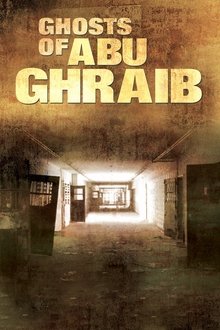Talking to the Air: The Horses of the Last Forbidden Kingdom (2016)
The world’s most magnificent horsemen face an unsure future in one of the planet’s last great equine cultures. The Tibetan Buddhist region of Mustang in the High Himalaya is the Last Forbidden Kingdom and their unique heritage and remarkable spiritual bond with the horse is under threat. In a land where a man’s wealth can still be measured in horses, death defying races are the colorful back-drop for this story of the ascent of civilization in the high Himalaya. With lush cinematography, and insightful intervieww, the film also recounts the little known story of the CIA’s covert operations in Mustang, and features rare archival footage of the Dalai Lama’s flight on horseback over the Himalaya. The scholarly and perceptive voices of Dr. Sienna Craig - author of "Horses Like Lightning" and Mikel Dunham, author of "Buddha's Warriors" turn this lens to issues of globalization, fragile border politics and the precarious future for Mustang’s distinctive equine culture.
Related Movies
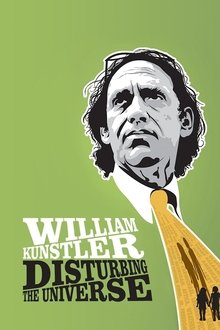
William Kunstler: Disturbing the Universe (2009)
William Kunstler was one of the most famous lawyers of the 20th century. His clients included Martin Luther King Jr., Malcolm X, Phillip and Daniel Berrigan, Abbie Hoffman, H. Rap Brown, Stokely Carmichael, Adam Clayton Powell, Jr., and Leonard Peltier. Filmmakers Emily Kunstler and Sarah Kunstler explore their father’s life, from middle-class family man, to movement lawyer, to “the most hated lawyer in America.”
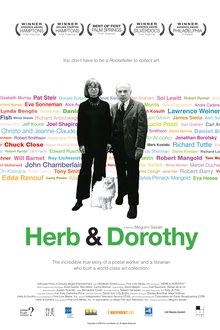
Herb & Dorothy (2009)
He was a postal clerk. She was a librarian. With their modest means, the couple managed to build one of the most important contemporary art collections in history. Meet Herb and Dorothy Vogel, whose shared passion and disciplines and defied stereotypes and redefined what it means to be an art collector.

Kings of the Sky (2004)
Adil Hoxur, descended from a line of Dawaz tightrope artists, performs nightly with his troupe in China’s Taklamakan desert, among the Uyghurs, a Turkic Muslim people seeking religious and political autonomy. Shot over four months, this experimental documentary takes shape as a travelogue, ethnographic visual poem, and advocacy video for the preservation of a traditional art form. - MoMA
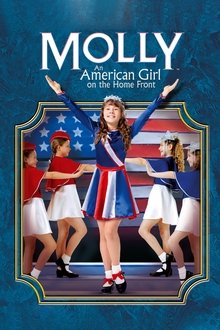
Molly: An American Girl on the Home Front (2006)
Molly is a girl living in the year 1944 and WWII has brought many changes to Molly's life. An English girl comes to live with Molly's family to escape the bombings. They slowly become good friends.
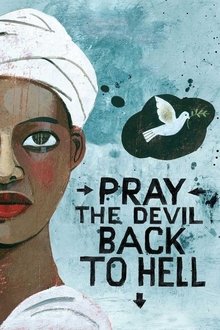
Pray the Devil Back to Hell (2008)
Pray the Devil Back to Hell chronicles the remarkable story of the Liberian women who came together to end a bloody civil war and bring peace to their shattered country.
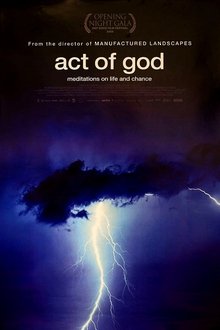
Act of God (2009)
A Canadian documentary feature film that investigates the effects of being struck by lightning.
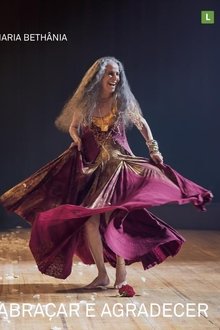
Abraçar e Agradecer (2016)
Celebrating 50 years of her career, Maria Bethânia filmed in Brazil in 2105 the show Abraçar e Agradecer, which now comes out on CD and DVD.
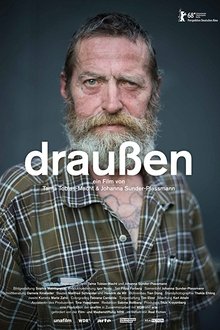
Outside (2018)
The film explores the turbulent lives of homeless persons in Cologne, Germany. Through their personal belongings the homeless share with the viewer their memories and emotions, and provide insight into the secrets of survival on the street.

Pie Lady of Pie Town (2014)
In the New Mexico desert, pie equals love. Kathy Knapp left her privileged life to bake pie in dusty Pie Town, a once forgotten corner of the world with few amenities. Why? To find her center and give the world pie. This is her story.
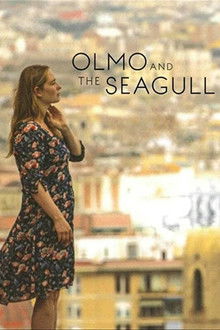
Olmo and the Seagull (2015)
'Olmo and the Seagull' is a poetic and existential dive into an actress's mind during the nine months of her pregnancy as she must confront her most fiery inner demons while trying to rewrite a new philosophy of life, identity and love. Underlying this hybrid film is mounting tension over what is real and what is enacted when one is performing one's own life.
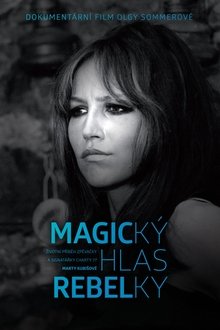
The Magic Voice of a Rebel (2014)
'The Magic Voice of a Rebel' portrays the story of the Czech singer Marta Kubisová, who without never intending it, became a symbol of freedom for all generations in the newly free Czhecoslovakia in 1989. It is Marta herself who tells us her life story and how the Soviet invasion in Czechoslvakia in 1968 changed her life. Because of her deep involvement in the Prague Spring movement, she went from being the most popular singer in the country to being banned and suffering a sudden removal from the public scene by the new authorities imposed from Moscow. She refused to escape to exile and together with other banned intelectuals and artists became a disident instead. Blacklisted and persecuted by the secret police, she also suffered the betrayal of beloved people who were collaborating with the regime.

Joan Mitchell: Portrait of an Abstract Painter (1993)
A powerful and intimate portrait, Joan Mitchell: Portrait of an Abstract Painter captures Mitchell's independent spirit and testifies eloquently to Mitchell's art. Joan Mitchell was born in Chicago in 1926 and died in Paris in 1992. After graduating from the School of the Art Institute of Chicago, Joan settled in New York City in 1950. She was an active participant of New York's dynamic Abstract Expressionist scene and hung out with fellow painters Franz Kline, Willem de Kooning and Philip Guston and, soon, poets Frank O'Hara, James Schuyler and John Ashbery. In the mid-fifties, she moved to Paris, France. There she was part of a circle of friends that included Pierre Matisse, Samuel Beckett and Alberto Giacometti. Mitchell is one of the great abstract painters of the 20th century. This elegantly edited documentary weaves interviews with the acerbic Mitchell and other leading painters and critics while letting her stunning pictures dominate the film.
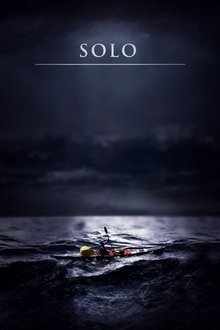
Solo (2008)
Michôd and Peedom's hour-long documentary recounts the tale of Andrew McAuley, an Australian adventurer who, in 2006, launched a quest to become the first person to paddle a kayak across the treacherous Tasman Sea, one of the loneliest and toughest stretches of water in the world.

Full Tilt Boogie (1998)
A documentary about the production of From Dusk Till Dawn (1996) and the people who made it.
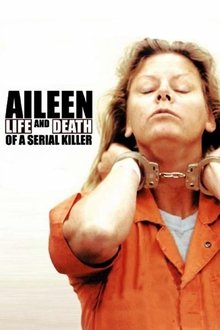
Aileen: Life and Death of a Serial Killer (2003)
British documentarian Nick Broomfield creates a follow-up piece to his 1992 documentary of the serial killer Aileen Wuornos, a highway prostitute who was convicted of killing six men in Florida between 1989 and 1990. Interviewing an increasingly mentally unstable Wuornos, Broomfield captures the distorted mind of a murderer whom the state of Florida deems of sound mind -- and therefore fit to execute. Throughout the film, Broomfield includes footage of his testimony at Wuornos' trial.
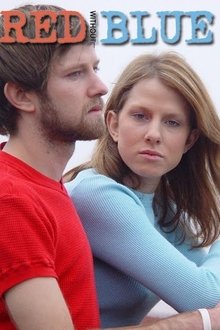
Red Without Blue (2007)
The intimate bond between two identical twins is challenged when one decides to transition from male to female; this is the story of their evolving relationship, and the resurrection of their family from a darker past.
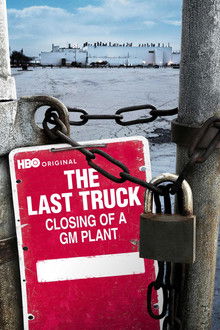
The Last Truck: Closing of a GM Plant (2009)
The inside story of the last days of a General Motors plant in Moraine, Ohio, as lived by the people who worked the line.
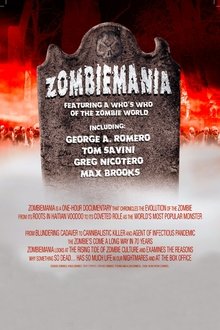
Zombiemania (2008)
The evolution of the zombie from its roots in Haitian voodoo to its coveted role as the world's most popular monster: from being a clumsy corpse to becoming a cannibal killer and the main agent of every infectious pandemic, the zombie has come a long way in seventy years. A look at the rising tide of zombie culture examining why something so dead has so much life in viewers' nightmares and at the box office.
